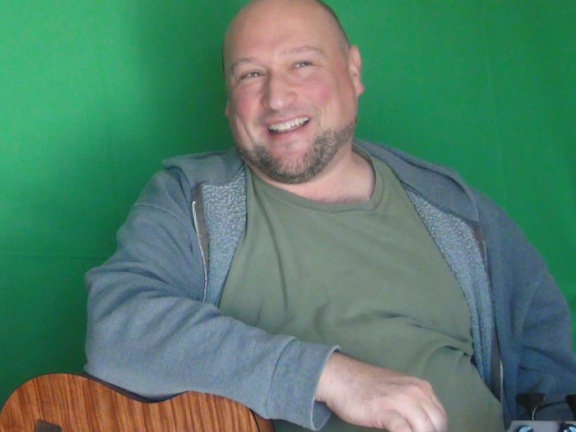The Toxic Nature of Ignoring Early Warning Signs and the Cultural Tendency to Award Lack of Self-Care

By Eric C. Larson
The nature of self-care is that there is no external validation from society that you are doing something of value. Hence the tendency to relinquish self-care as a rite of passage to work hard is a historical trend. Unfortunately, some of my career success has been built upon the self-made premise that I show up consistently even when I don't feel well. Granted sometimes I feel better if I just get out the door and push through morning malaise but other times it is more distinct and this is where I lack awareness.
Awareness of Early Warning Signs has been a struggle for me. My awareness is further complicated by medication side effects. Any person who has had the experience of taking psychotropic medications knows that there is almost always unpleasant and sometimes, debilitating side effects. Unfortunately, too often one is required to tolerate negative side effects for a period of time before you can even expect to have positive effects and benefits from taking the medications.
I seek to define a balance between sitting with a reasonable amount of discomfort and clearly taking action when Early Warning Signs appear. For me, the distinction between the two is found in the long-term benefit. Consistently ignoring subtle signs of fatigue and anxiety without taking restorative action and appropriate rest usually results in a crash for me. It is commonplace when you look around at fellow coworkers or community members to buy into a collective feeling of malaise.
Another interesting self-observation I have made is that if I have too much rest I stagnate and miss other forms of energy input like being in the company of good people who have a common cause. My peer supporter and I have had conversations philosophizing about how to maintain effectiveness in relation to the big complex picture. I have a tendency to be paralyzed by the trauma of past experiences. Especially when being needed to perform while lacking needed energy.
One tool for me is holding a vision of where I am heading while focusing on one step at a time versus focusing on all the details and complexities of the whole journey to the point of feeling overwhelmed and discouraged. Mainly the interplay between the concepts of Taking Action for Whole Health and Wellbeing (Hope. Self-determination, Empowerment, Education Self-Advocacy, Community Inclusion, and Building Support,) often results in an unexpected faith for me that in the long term, things really can turn out OK if I just take a step at a time and plan according to my vision for wellness accordingly.